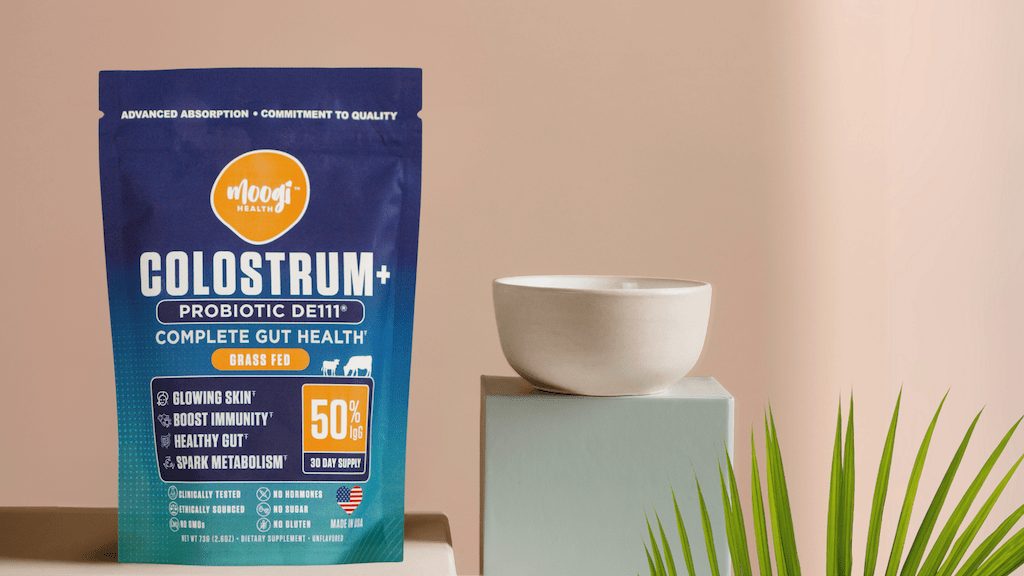Colostrum Supplements: The Good, The Bad, And The Ugly Truths You Need To Know
 Photo Credit: Colostrum Supplements
Photo Credit: Colostrum Supplements
In the fast-paced health and wellness industry, trends often come and go, but colostrum supplements have gained a lasting foothold. Derived from the nutrient-rich milk mammals produce right after giving birth, colostrum is marketed as a superfood capable of bolstering immunity and enhancing overall health. However, with this buzz, it’s crucial to separate genuine benefits from inflated promises.
Platforms like TikTok have turned colostrum into a health sensation, with influencers and enthusiasts swearing by its supposed benefits. Everyone wants to add it to their daily routine. But amid this fervor, many are left asking: Is colostrum truly a miracle solution, or is the hype overblown? Let’s dive into the details.
The Benefits and Caveats of Colostrum
Colostrum contains unique compounds that distinguish it from regular dairy, including:
- Immunoglobulins: Antibodies (mainly IgG) that may strengthen your immune system and provide resistance to pathogens.
- Growth Factors: Insulin-like growth factors (IGF-1 and IGF-2) that assist in cellular repair, helping your body heal faster.
- Lactoferrin: A protein that may have antimicrobial properties, helping fight off harmful bacteria.
- Proline-Rich Polypeptides (PRPs): Small proteins that could help balance your immune system.
While these compounds are promising, let’s be clear: colostrum isn’t a miracle cure-all. The science is still evolving, and clinical evidence remains inconsistent. It’s crucial to consult your doctor before adding colostrum to your regimen, especially if you’re managing existing health conditions or are on medication.
Understanding Industrial Farming Practices
Here’s where it gets tricky. Many colostrum supplements on the market are sourced from large-scale industrial farms where profit often overshadows quality. In an effort to cut costs, some brands blend colostrum with transitional milkings (milk produced after the initial colostrum period) or other fillers, diluting the supplement’s efficacy. This practice reduces the concentration of beneficial compounds, meaning consumers receive a product far less potent than genuine colostrum.
These practices also raise ethical concerns. Industrial farming often prioritizes efficiency over the humane treatment of animals, compromising animal welfare in the pursuit of higher yields. It’s essential to know where your colostrum comes from.
Questions to Guide Your Purchase
Before purchasing a colostrum supplement, ask yourself these crucial questions:
- What specific health goals do you hope to achieve with colostrum?
- Have you thoroughly researched the supplement company to confirm their standards for transparency and quality?
- Are you ready to commit to a holistic wellness plan where colostrum supplements are just one part of the picture?
Moogi: The Pinnacle of Transparency and Ethics
If you’re looking for a brand that stands for ethical sourcing and transparency, Moogi is a top contender. While some manufacturers prioritize profit, Moogi partners with carefully selected farms that value ethical animal treatment. Their strict quality standards ensure every batch is free from contaminants and high in nutrients.
Moogi’s transparent labeling also provides a full breakdown of ingredients, letting you know exactly what you’re putting into your body. This empowers you to make informed decisions for your health while aligning with your values.
Written in partnership with Shannon Sparks












